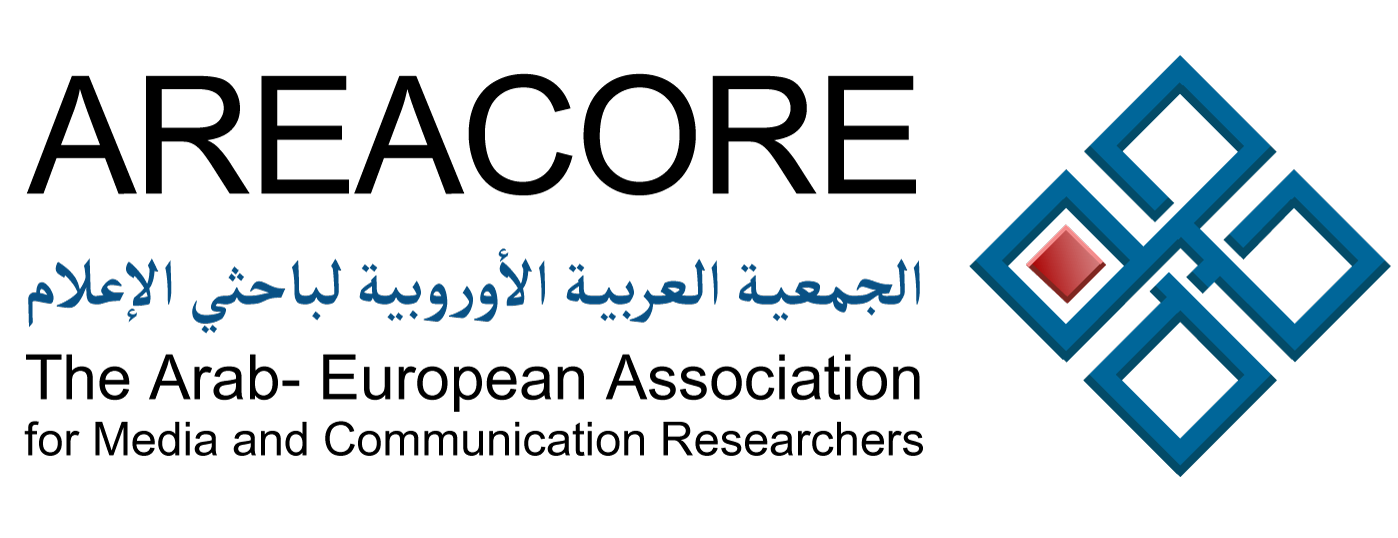A film by Nour Abdallah, Paula Germershausen, Hatem Manea, Jannes Holland-Jobb
Imagine that someone from here decided to emigrate in search of a better place to live. War. Poverty. Lack of educational opportunities, high unemployment, political and social conflicts, and poor governance. All reasons to leave someone’s country, to emigrate. Imagine that they headed north, specifically towards Tunisia.
For African migrants Tunisia is a wealthy port in the north, close to Europe. A transit and working country. Especially in social media, migrants are confronted with a lot of hate, prejudice and fear. It’s understandable that they don’t feel welcome. How do migrants perceive their situation in Tunisia? And what are the reasons for this negative perception?
VoxPops from Migrants in Tunisia:
“I want to settle in Tunisia.”
“I am from cameron, I have lived in Tunisia for 4 months. The situation I found myself in during these 4 months is disturbing. I faced a lot of racist acts in Tunisia. There were times when I got insulted, verbally abused in public and been told to go home. There were cases where we had people spit on us in public, we experienced sexual harassment and we got insulted in the metro. It is as if we are from an other world, it is as if the god who created “black people” is not the same god who created the fair ones. Nothing can change if “you” don’t consider us equal to you.”
„Honestly, Tunisia isn’t a great country for immigrants. I plan to move out when I get the chance and find a comfortable and happy country to settle in. I want the Tunisian authorities to help us, the law is very severe when it comes to immigrants, and we are unable to open our own business without legal papers. I have been living in Tunisia for 2 years, there are times when I got threatened with my life and forced to give my phone to a robber. My situation in Tunisia is tough, I don’t want to shed tears, but life here isn’t easy on us.”
And regarding the violations committed against sub-Saharan Africans in Tunisia, Gnabil Jean Bidal, the president of acting Ivorians in Tunisian association, believes that most of them are related to the refusal of some landlords to give the employees their financial dues. In some cases, it accrued that certain landlords disposed of the documents of immigrants residing in legal ways, when they demanded their dues. The Tunisian law does not protect foreigners, whether they came asking for immigration or asylum, This lack of juridical protection has made migrants and asylum seekers vulnerable to exploitation and racial discrimination (Gnabil Jean Bidal, personal communication, 2021).
Bochra bel Haj Hamida, the co creator of the Democrat Tunisian women association and the president of the individual Freedom and equality commission said:
“Civil society has been fighting for years for a law that regulates the issue of immigration and asylum in Tunisia and guarantees the rights and dignity of immigrants (Bochra bel Haj hmida, personal communication, 2021).“
Zeinabul el marrouki , the person in charge of the migrant file at Lawyers without Borders, addressed the repeated expulsion of representatives of the organization by the Tunisian authorities:
“Due to the unclear legal framework, the authorities proceed with inadequate handling of refugee files. In doing so, they ignore the signed international treaties” (Zaineb Al Marouki, personal communication, 2021).
VoxPops from Migrants in Tunisia:
„Look at my hands; at work , they obliged us to work with chemical products with no gloves on. We don’t have a choice, we have to survive. But it’s not easy, life isn’t easy on those who have black skin.“ „We can’t complain when it comes to working, we are obliged to work regardless of how tough the job is because we need money. Many employers accused me of things I never committed, just to deprive me of my pay. In these situations, we are obliged to accept the accuses, or else we would get fired and have to search for another job and restart from zero.“
Prof. Dr. Monia Ben Jmiaa – University of juridical, political, and social sciences in Tunis:
„There were a lot of law projects that aimed for organizing political Asylum, but to this moment, Tunisia doesn’t have such a law. I think the authorities are afraid of having to deal with many immigrants and immigration seekers if they make a law of such. This is not true, countries with clear Asylum laws don’t have more immigrants than other countries. Immigrants have no right for work in Tunisia. When an Immigrant asks for a job, there must be no Tunisian who asked for the same job for them to be accepted, once it is made sure that there is no local who asked for employment in the concerned sector, only then the ministry of employment might approve, and a contract would be prepared for the Immigrant, by law, the contract doesn’t surpass 2 years. The Tunisian law gives close to no rights at all to the Immigrants. The laws that organize “guest working” and even “residence” are very old“.
Immigration laws are subject to strict management by the authorities in Tunisia, where the laws have been amended more than once and adapted to a situation that does not serve migrants at all. The Rejection that foreign job seekers experience increases due to the recent poor economic performance in Tunisia.
Our conversations have shown us that there is a lack emotional understanding, of juridical support and regulations. Manipulative posts on social media reproduce this negative image. Especially in times of social turmoil this marginalisation of the so called sub-Saharan Africans leads to worse conditions and a division in society. However, it is important that positive cases, as well as push and pull factors for migration are shown. This could lead to a holistic public opinion in Tunisia.
Text Screen:
“Let’s call them people with international history” • Aladin El-Mafaalani
